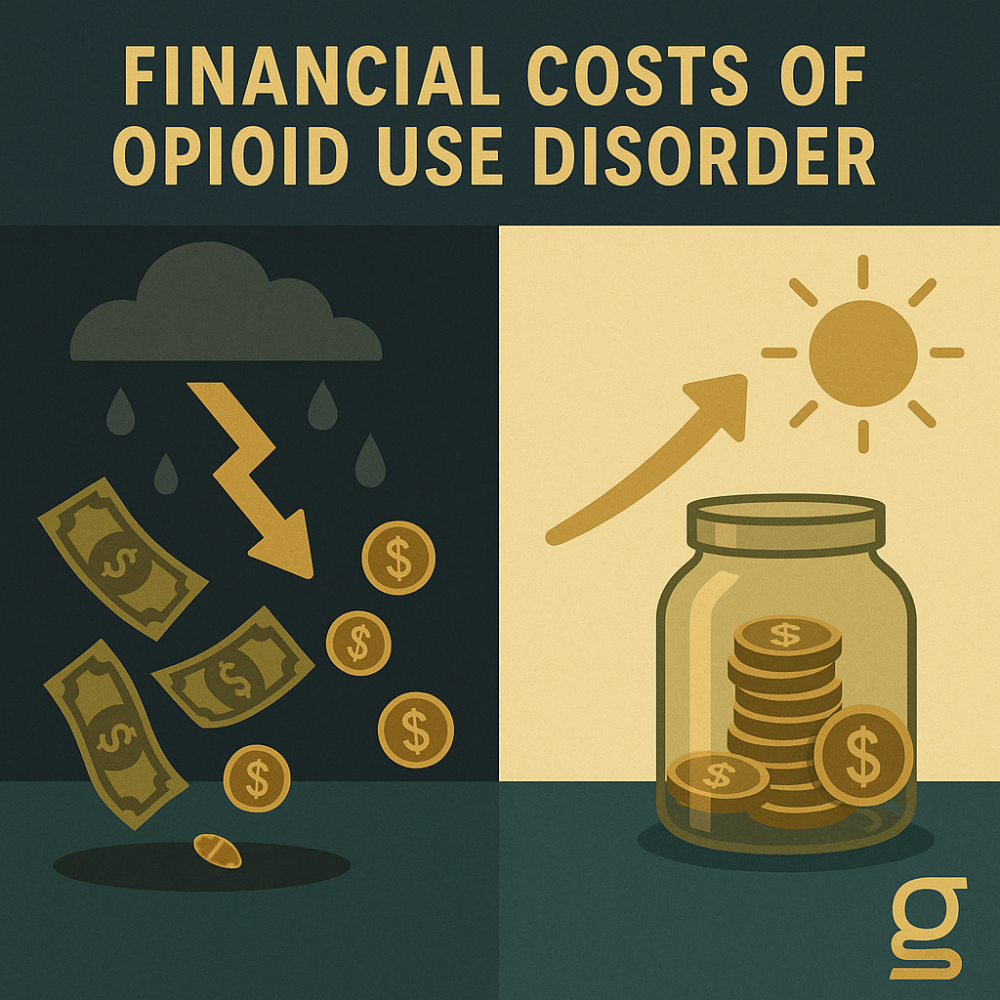Cocaine is one of the most addictive drugs on the illegal drug market. The Department of Health and Human Services estimates that over a million people in the U.S. are addicted to cocaine. Experts warn it is possible to develop a cocaine addiction after the first use.
Classified as a stimulant because it speeds up the central nervous system, cocaine produces a short-lived sense of euphoria or exhilaration in users. However, stimulants like cocaine can also cause heart attack, stroke, seizures, hyperthermia (overheating), or other severe reactions in high doses. Any of these effects can signal a medical emergency.
Effects of Cocaine on the Body
It takes only seconds for cocaine to enter the bloodstream and reach the brain when smoked or injected, leading to a quick and intense euphoric rush. Other methods of use may take slightly longer to access brain pathways. Depending on the manner of use, the effects of cocaine typically last from five to 30 minutes.
Initially, cocaine users may experience euphoria, increased energy, heightened mental alertness, and sensitivity to light, sound, and touch.
However, it is not uncommon for users to exhibit violent behavior, irritability, panic, tremors, and paranoia using the drug. Even the first time a person uses cocaine can be fatal.
Are you or someone you love struggling with Cocaine abuse? We're here to help.
Contact Us
Cardiovascular System
While cocaine use can damage any or all organs, systems, and functions of the body, the effect on the cardiovascular system may be particularly deadly.
For example, cocaine can cause:
- Constricted blood vessels
- Aortic stiffening
- Thickening of the left ventricle wall
- Heart arrhythmia
- Weakened heart muscle and valves
- Dangerous increase in heart rate, blood pressure, and body temperature
Any of the above effects can have a devastating impact on the heart. Some researchers refer to cocaine as “the perfect heart attack drug” because it substantially increases the risk of heart attack and stroke. The longer a person uses cocaine, the more damage the cardiovascular system sustains.
Respiratory System
The use of cocaine in any form may cause irregular and labored breathing and one or more of the following dangerous conditions:
- Hemorrhages
- Pulmonary edema (swelling of lungs)
- Hardened lungs, arteries, and veins
- Pulmonary edema
- Bronchitis, bronchospasm
- Pneumonia
- Emphysema
- Lung tumors
Some people use “crack,” which is cocaine the manufacturer has chemically altered so users can smoke it. This method of use can cause the user to inhale dangerous carcinogens, chemicals, and other toxins that can destroy the ability of the lungs to absorb oxygen.
Gastrointestinal System
Decreased appetite due to cocaine can lead to dangerous malnourishment and weight loss.
Cocaine use may also cause:
- Abdominal pain and tenderness
- Nausea and vomiting
- Small or large bowel perforation
- Bloody diarrhea
Liver
Food — and all other ingestible substances — moves through the intestinal system and into the liver. The liver is the first line of defense for clearing toxins from the blood and releasing nutrients to be metabolized by the body.
The liver has to work much harder than usual to filter toxins like cocaine from the blood. When the liver becomes overtaxed, its function becomes impaired.
This can lead to:
- Viral hepatitis
- Hypotension (dangerously low blood pressure, which can cause fainting or dizziness, caused by the brain not receiving enough blood)
- Liver failure
- Loss of liver function also contributes to renal (kidney) failure.
Kidneys
Once blood moves through the liver, the kidneys continue the critical job of filtering toxins that enter the body and then excreting them through the urine. Cocaine interferes with the filtering system and lowers fluid levels, both of which may lead to kidney stones. Insufficient fluid levels, or dehydration, can also cause a dangerous decrease in blood pressure.
When the kidneys fail, a build-up of toxins has already caused liver failure. Over time, impaired kidney function may lead to acute renal failure, which means the kidneys cannot filter waste from the blood. At that point, the person in renal failure must undergo dialysis to survive. In some people, kidney damage is reversible, but others may require dialysis for the rest of their lives.
Additional Dangers of Cocaine Use
Cocaine may increase the risk of additional damage to the body, depending on the manner of use or risky behavior.
This damage can include:
- Unprotected sex, which increases the risk of STDs and other infections
- Intravenous injection, which increases the risk of skin ulcers, collapsed veins, or bloodborne diseases like HIV or hepatitis C
- A loss of smell, nosebleeds, chronic runny nose, hoarseness, and trouble swallowing caused by snorting cocaine. Long-term use may even cause a hole in cartilage and bone of the upper nasal cavity.
- Restricted blood flow and potential bowel decay due to swallowing cocaine
- Chronic cough, asthma, impaired lung function, pneumonia, and heart and respiratory distress caused by smoking cocaine
Hidden Dangers of Cocaine Impurities
Cocaine purchased on the street may not be pure. Because street cocaine is unregulated, there is no way for the user to be sure of its contents. Illegal manufacturers may have mixed adulterants like insecticide or other dangerous drugs like amphetamine or fentanyl into the cocaine.
While pure cocaine presents serious overdose risks, a product that contains fentanyl or other adulterants increases that risk substantially.
Provisional data released by the U.S. Centers for Disease Control and Prevention (CDC) report that over 100,000 overdose deaths occurred between April 2020 and April 2021, the highest number ever recorded in twelve months. Fentanyl was a leading contributor to those deaths.
How Does Cocaine Affect the Brain?
Cocaine travels quickly to the brain’s pleasure center, causing sharp spikes in neurotransmitter chemicals like dopamine and serotonin. The unnaturally high levels of these chemicals cause a powerful rush of well-being and heightened energy and alertness. The effects are so intense that they reinforce the user’s desire to repeat the experience.
Cocaine interferes with the way the pleasure and reward response of the brain is triggered naturally. As a person continues their cocaine use, their brain rewires to demand increasingly higher doses to deliver the desired response. The user then enters a dangerous cycle of binging on higher and more frequent amounts of cocaine and then crashing when the effects wear off.
Users may experience intense exhaustion, agitation, depression, and paranoia during the crash period. After each crash, users typically experience extreme cravings for the drug. At this point, it is challenging for a person to stop using cocaine without professional help. That’s why individuals should seek help from a professional addiction treatment program for psychological addiction and withdrawal symptoms.
If a person stops using cocaine, brain damage may not be permanent. However, after studying the brains of long-term users, the research team at the University of Cambridge found “cocaine users had a widespread loss of grey matter that was directly related to the duration of cocaine abuse.” Researchers believe this loss of grey matter also relates to intense cravings for the drug.
Cocaine Overdose
A cocaine overdose is a medical emergency that requires immediate medical intervention. Early intervention methods may save the person’s life.
It is possible for a person to overdose the first time they use cocaine, especially if they combine it with alcohol or other drugs. Some users use both cocaine and alcohol simultaneously to intensify the effect, which is extremely dangerous. Cocaine can be deadly on its own, and combining it with alcohol or other drugs increases the risk of sudden death.
Treatment for cocaine addiction can start once the user has undergone medical detoxification. It is dangerous and uncomfortable to detox without medical supervision.
Consider the Gallus Method of Cocaine Detox
The detoxification, or “detox,” process can be unpleasant and potentially life-threatening. Medically supervised detox ensures the mental and physical well-being of the person throughout detox.
The skilled, compassionate team at Gallus Medical Detox Centers is proud to offer our world-class detox program, The Gallus Method. At Gallus Detox, we center our program around each patient’s comfort, dignity, and well-being.
We applaud those who choose to reach out for help overcoming the disease of addiction. Contact us today to find out how we can help you start your recovery.


 Steve B
Steve B 

 Casey Wilson
Casey Wilson